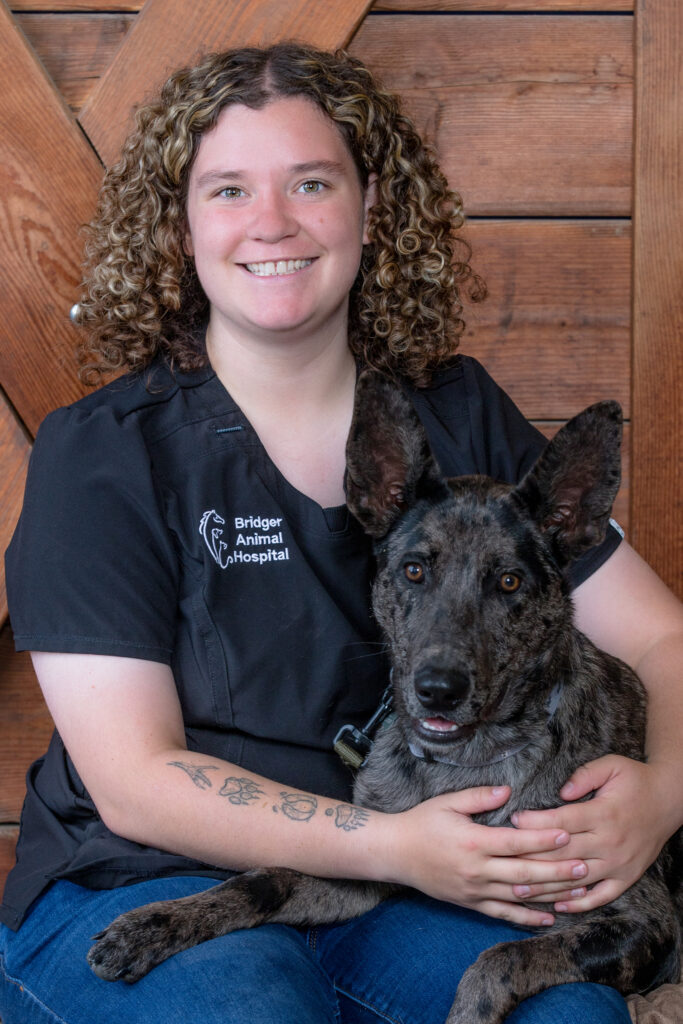Feeding & Body Condition Scores

Author: Dr. Ollie Landauer
Did you know that nearly 60% of dogs in the U.S. are classified as overweight? Obesity can have a serious impact on your dog’s health. Some of the diseases associated with an increased weight are:
- Diabetes
- Joint diseases like arthritis
- Respiratory compromise
- Predisposition to heart, kidney, and liver diseases
- Predisposition to cancer
- Decreased life span (can be up to 2.5 years shorter)
- Increased surgical and anesthetic risk
So how do I keep my dog at a good weight?
There are many things you can do to maintain a healthy weight for your pet. The following list contains some suggestions for you to consider:
- Read dog food labels for calories in 1 cup (1 cup=8oz, i.e. a measuring cup), and feed using a standard size measuring cup, not any cup out of your kitchen cabinet.
- Dog food bags have recommendations for current and ideal (not overweight) weight. Feed according to your dog’s ideal weight, not their current weight.
- Adjust food per day based on additional treats and exercise. Each pet’s lifestyle is different.
- Most treats are very high in calories. Feeding only 4-5 treats per day can equal the calories in an entire meal!
- Limit treats to 10% of your pet’s caloric intake or switch to low calorie treats, (See image below)
How do I know if my dog is overweight?
A healthy weight for a dog can differ based on many factors, so we recommend looking at something called a Body Condition Score. It is more accurate for assessing if a dog is under/overweight, and the aim is for the dog to be a 5/9. At this score, you should see an hour glass figure in the hips and just be able to feel the ribs.

Click here for more information regarding determining your pet’s body condition score.
Chat With Us
If you are following the suggested guidelines and still notice that your dog is overweight, reach out to us! Let’s chat about it! It’s important to note that certain diseases like Hypothyroidism and Diabetes can prevent your pet from loosing weight, even when you do your best at providing a healthy lifestyle for your pet.

This blog is presented to you by Dr. Ollie Landauer, associate veterinarian at Bridger Animal Hospital. If you have any questions regarding anything in this article, please reach out to us.

